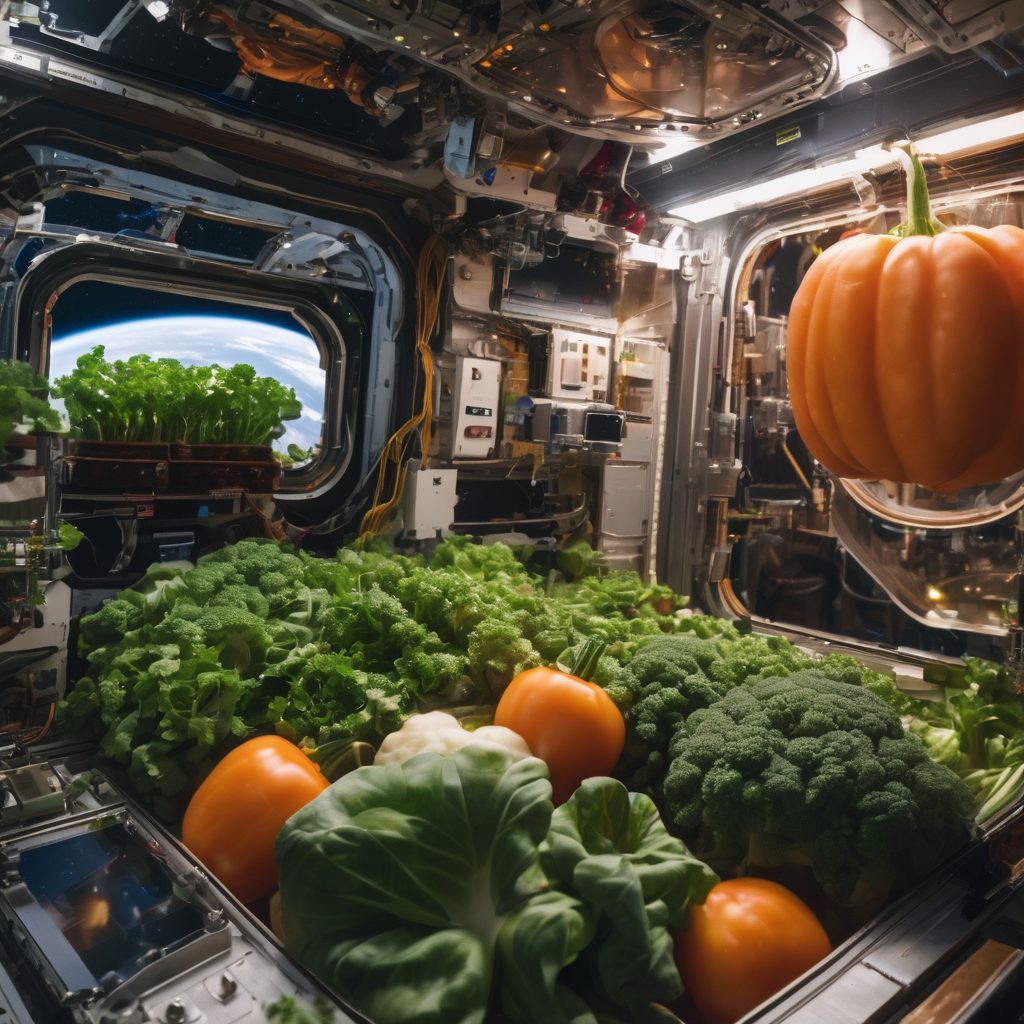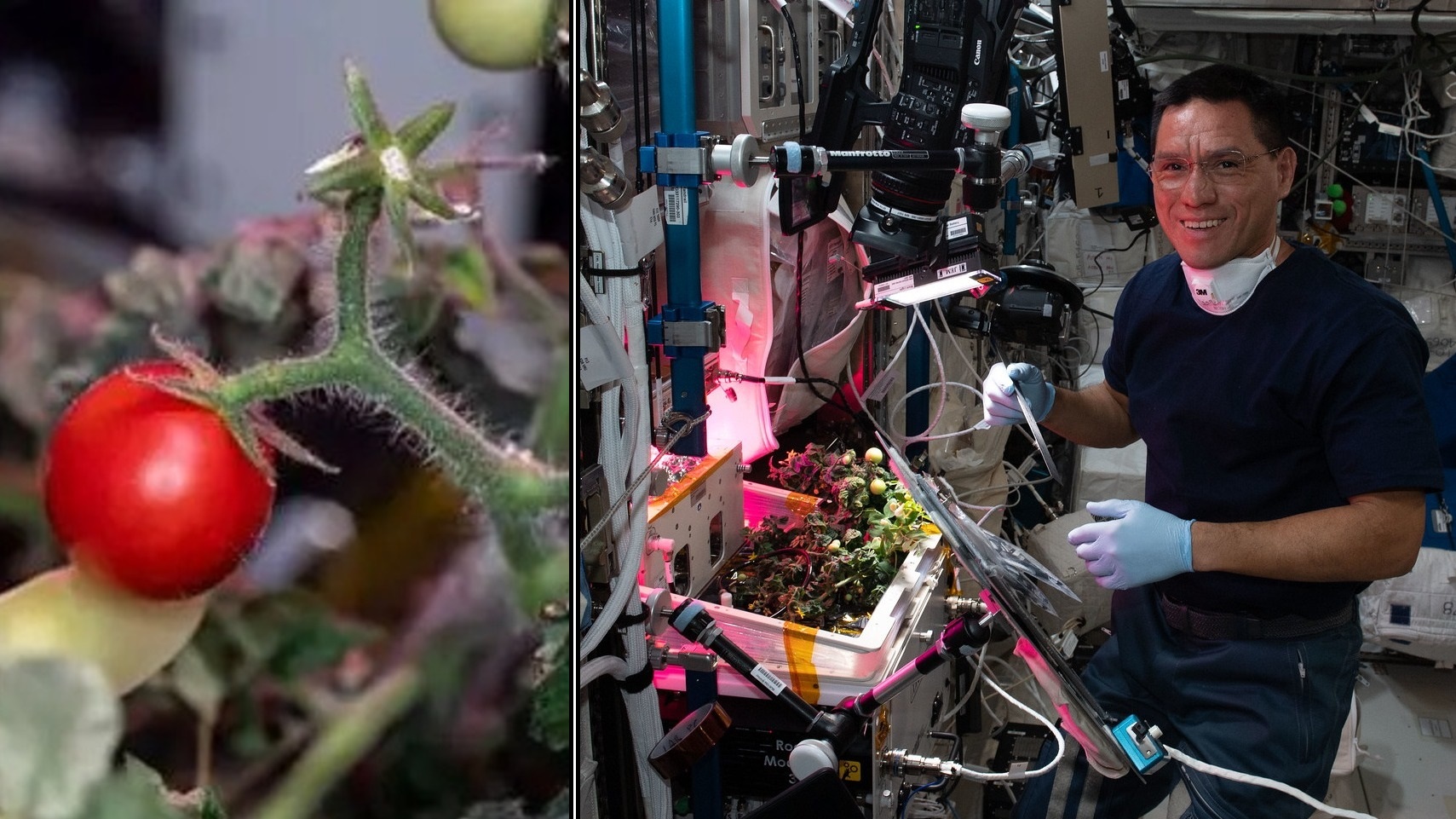In the case of a lunch break in space, you should refrain from salad. This is the conclusion reached by researchers at the University of Delaware in the USA. Scientists have grown various vegetables in microgravity on Earth and found that salads are difficult to fight harmful bacteria in the space environment.

Salad on the International Space Station (ISS) is a real hit. Astronauts grow vegetables as part of various experiments, and they even consume part of the harvest as food, which is a healthy alternative to freeze-dried and canned foods. However, the results of new research prove that plants grown in microgravity are more vulnerable to infections such as E. coli or salmonella.
In a scientific article that appeared in Scientific Reports, plants were grown in a device that rotated them, and scientists found that in microgravity, their natural defenses became less effective. Plants lose their orientation in gravity, which affects their development, and as a result, their response to stress.
Plant cells experience gravity by directing the roots downward while the plant grows upward. In microgravity, this mechanism is less effective. The problem was found in the stomata. Stomata are tiny pores in the leaves and stems of plants that help them breathe, and are also used as a defense mechanism, closing when they experience a stressful factor, such as bacteria nearby. But during the microgravity study, the plants became disoriented and opened their pores in the presence of bacteria instead of closing them, and this made them vulnerable. For example, in an experiment, salmonella bacteria infected leaf tissues and stayed there, waiting to enter other organisms.

Thus, the salad grown on the ISS has an increased level of bacteria than its terrestrial counterpart. However, microgravity did not affect the nutritional qualities of the vegetables. Despite various countermeasures, the ISS remains an isolated air system, so in such conditions the astronauts become a source of bacteria that can infect vulnerable plants.
To avoid infections, scientists suggest changing plant genetics to limit the opening of stomata in space. Researchers have already started testing different varieties of lettuce with different genetics to see how they react in a simulated microgravity environment. These changes are extremely important, because they can help ensure proper nutrition for astronauts during long-term missions to the Moon or Mars.
Earlier, we showed what the tomatoes lost on the ISS turned into.
According to Gizmodo
Follow us on Twitter to get the most interesting space news in time
https://twitter.com/ust_magazin


